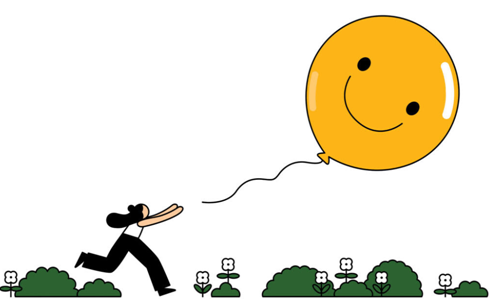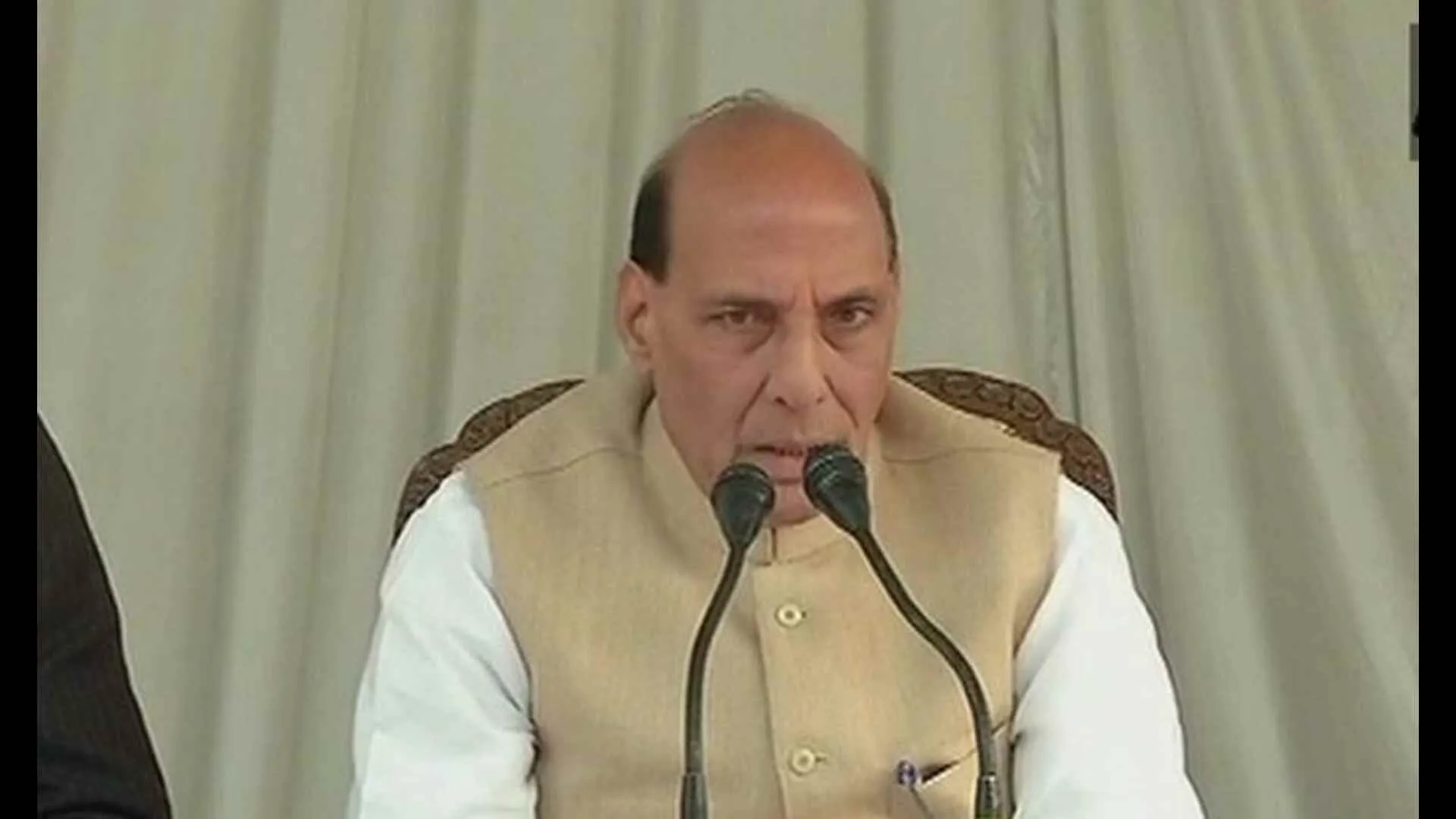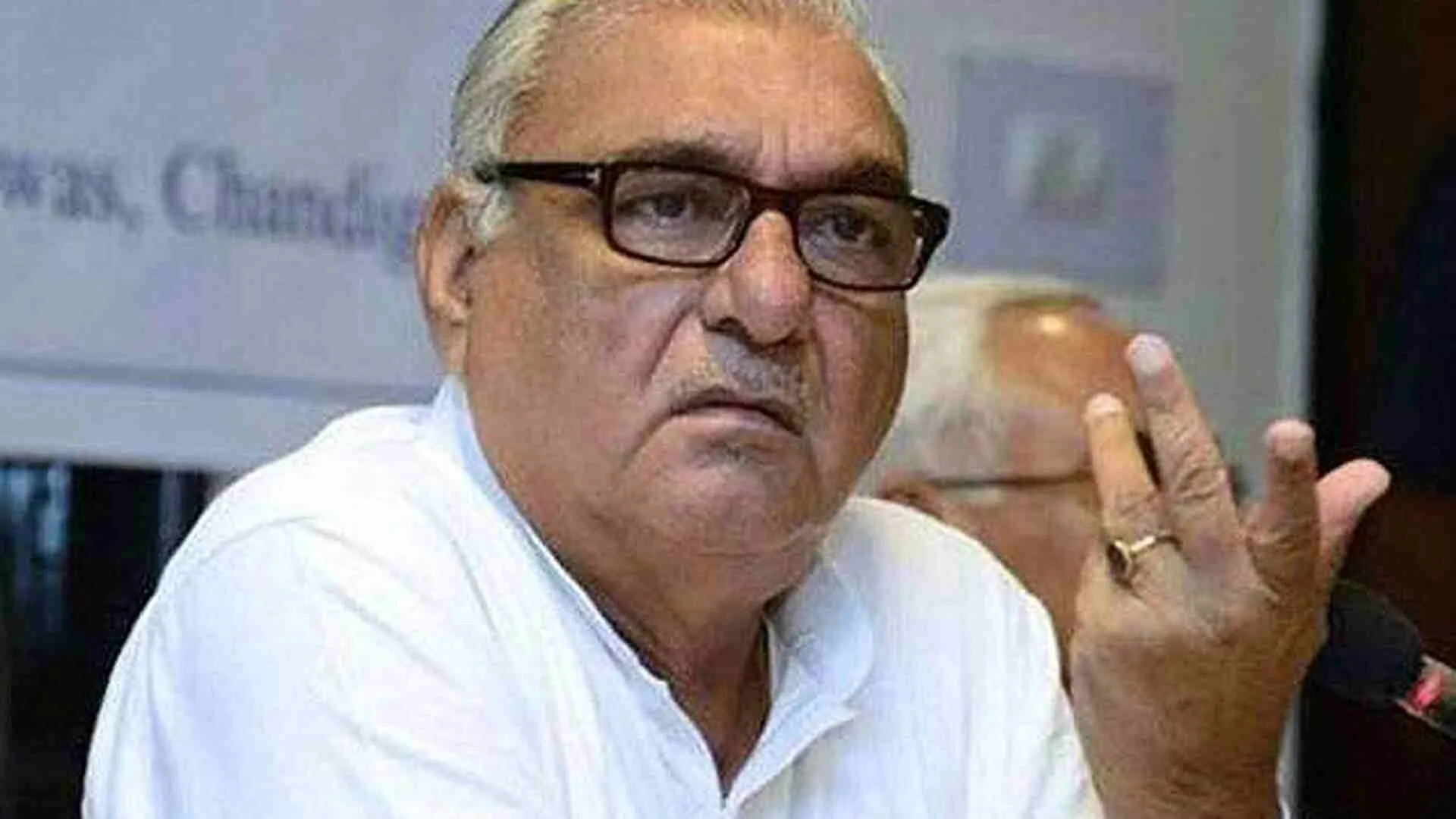We all want to be happy. However, most of us don’t know how to remain happy in all situations. What is it that keeps us unhappy? Is it possible to be happy all the time?
People don’t realise that they are themselves the cause of their unhappiness. We don’t like being told that we are responsible for our own happiness. We want to blame some person or situation for our miseries, never ourselves. If we cannot find any tangible reason, we begin to blame fate and find fault in our stars, cursing our lot and destiny.
Different people are happy with different things. Some people look for approval, others look for fame and success. For someone, happiness might come from achieving some cherished goal or accomplishing a challenge.
Often, you believe that having something will make you happy. It could be a coveted job title, a tough goal or even a lover saying yes to your proposal. You tie your happiness to a result. Until you get there, you don’t feel joyful. In a way, you have decided to postpone being happy. But, have you noticed that once you achieve that coveted position or become secure in the new relationship, your desires surface once again? Only now, they are targeted at something else. Desires never end, they only change form.
You may have a new car but you may not be happy. But someone could be really happy with your old car. Some artists hanker for recognition and feel devastated when they aren’t recognised. They feel really good when someone asks them for an autograph or a selfie. There are other artists who don’t have such hankering. They enjoy their anonymity.
It’s not the car or recognition that makes us happy but our attitude that keeps us happy or unhappy. However, when we make these a precondition to being happy, we are setting ourselves up for trouble.
Ali Hafed was a Persian who owned orchards, grain fields, and gardens in the Deccan. One day a guest told him how wealthy he would be if he owned a diamond mine. Ali Hafed went to bed that night craving a mine of diamonds. Soon, he sold his farm and travelled in search of diamonds, eventually becoming so poor, and defeated that he committed suicide. One day, the man who purchased Ali Hafed’s farm saw a flash of light in the stream in Hafed’s garden. He pulled out a fabulous diamond. The man had discovered the magnificent Golconda mines right inside Hafed’s lands.
Contentment is the key to remaining happy. Some people are never satisfied, even when they have everything they need. There are others who are happy with very less. Happiness isn’t having more, but wanting what you have.
Contentment arises in a desire-free mind. Being happy is an art. It is not something that you will be able to call forth automatically. It needs practice. Being happy is a skill that you can develop by training yourself to remain content and yet, putting one hundred percent effort to follow your dreams.
What is this training that we need, so that we can remain happy all the time?
There are some basic truths that we need to realise about ourselves. The first and most important truth is that happiness is a choice, and we are the architects of our happiness and unhappiness. We are the ones who decide whether we want to live a happy or an unhappy life.
We need to unlearn the habit of remaining unhappy. Happiness is the process of unlearning all that pulls us into a state of wallowing in misery and remaining stressed. Funnily, some of us actually enjoy remaining high-strung and miserable.
You have to recognise that you don’t need to be stressed all the time. When stress is reduced in your system, you will become happier. Once you learn what causes you stress, you must immediately find ways to eliminate or manage it in a more effective manner.
It isn’t difficult to remain happy and in charge of one’s moods. However, most people don’t want to make the conscious effort to cultivate practices that will help them manage their moods.
Deepam Chatterjee is the author of The Millennial Yogi. He can be contacted on deepamchatterjee@yahoo.co.in























